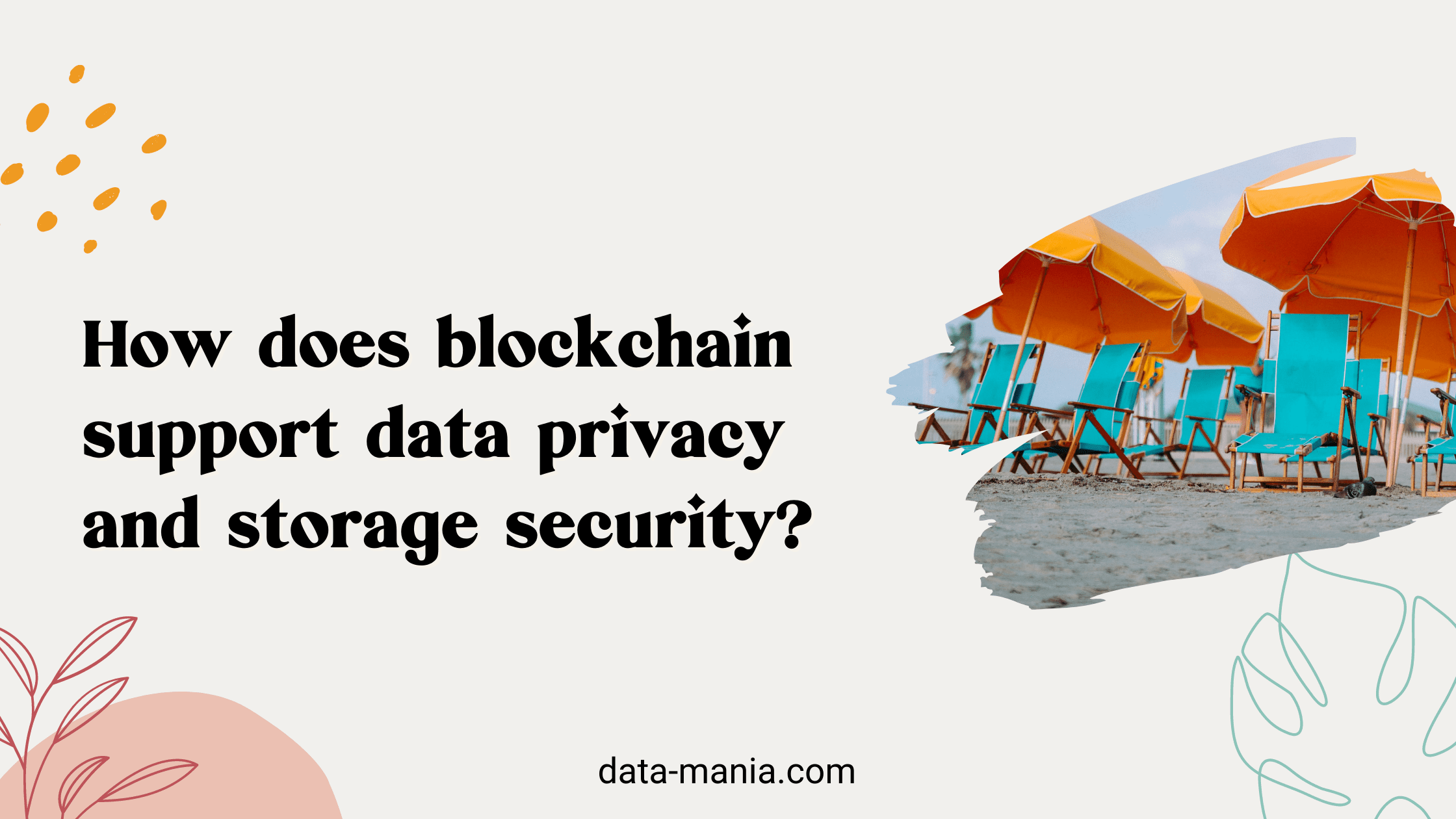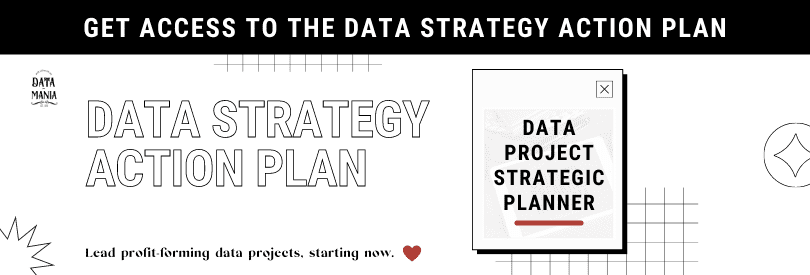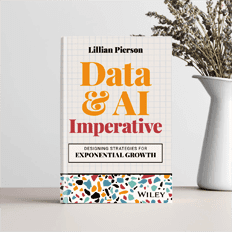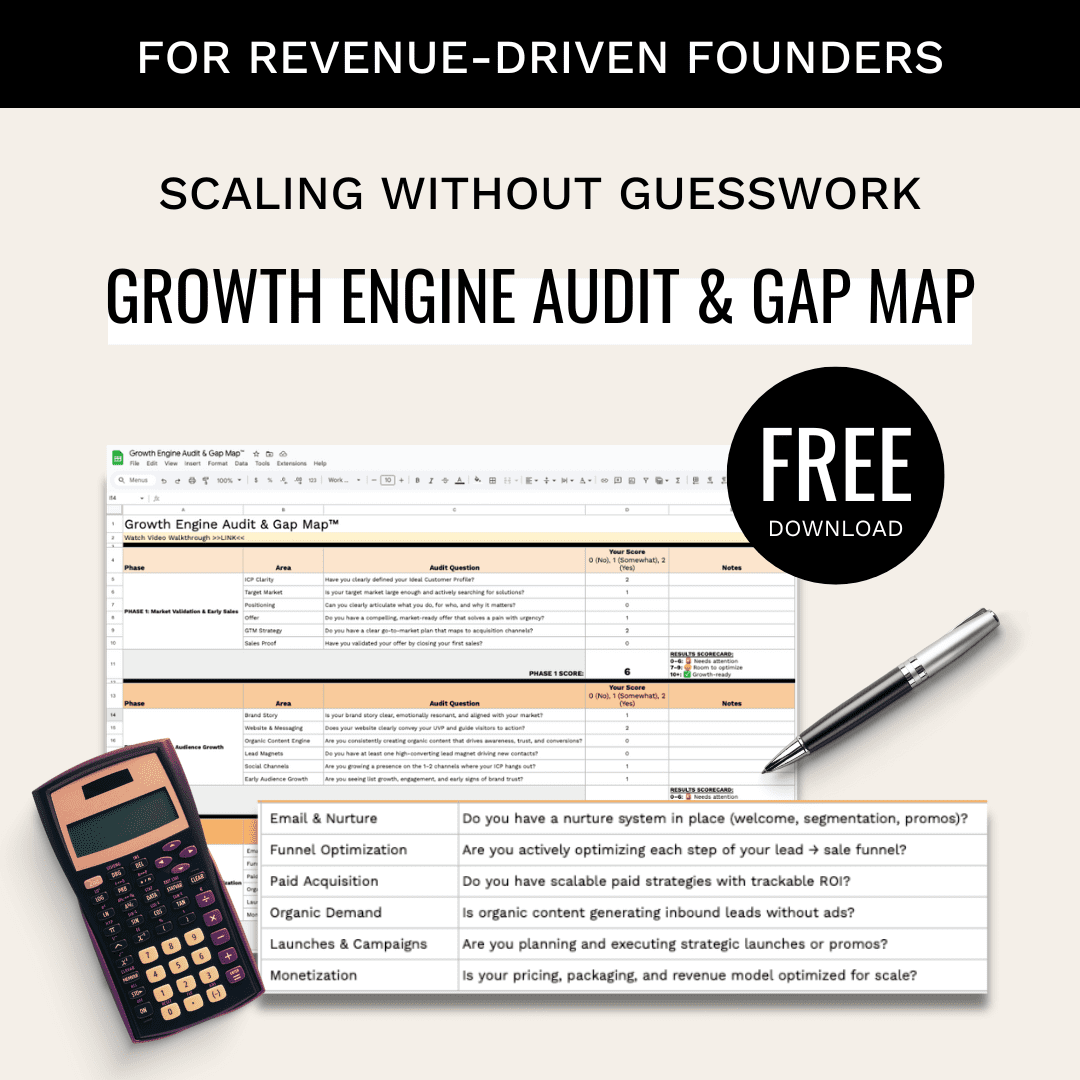Have you ever thought of the question, “how does blockchain support data privacy?” In this post, you will learn how blockchain technology does that to both data privacy and security.

As the world becomes highly interconnected and data-driven, concerns regarding data privacy and data storage security arise. According to Statista, global data creation will reach an estimated 181 zettabytes (ZB). To put the figure in perspective, a single ZB is the equivalent of around 250 billion DVDs.
With the unbelievable amount of data already being generated, it’s no surprise that more technologies are emerging to provide storage and security options. One notable example is blockchain technology, originally the topic of a research project in the 1990s.
Because more industries are adopting blockchain, you may be wondering how blockchain technology works, how it supports data privacy and what security measures it offers.
Continue reading to learn more about blockchain, its role in protecting data and the ins and outs of blockchain data security.
An Overview of Blockchain Technology
In simple terms, a blockchain is a distributed ledger or database shared across multiple nodes within a computer network. If a blockchain is used as a database, it can store information electronically in various digital formats. A blockchain is not the same as a traditional database because the data it stores is structured differently.
Think of it this way — a blockchain collects data in groups, known as blocks. Once the blocks reach full storage capacity, the blocks close, link to the previous block and form a chain using cryptography. This is how it’s earned its name, “blockchain.”
Other databases typically store data in tables. A blockchain’s data structure is timestamped and set in stone, which is one reason why anything that leverages blockchain technology is so secure and reliable.
Blockchain is most commonly associated with the cryptocurrency market. In 2009, blockchain technology came to the forefront. It was specifically used for Bitcoin, the market’s most popular and highly valued cryptocurrency.
Since then, blockchain applications have increased in number — it’s now used for smart contracts, non-fungible tokens (NFTs), decentralized finance (DeFi) apps and more. Different data types can be stored on a blockchain, but thus far, it’s most commonly used for secure, decentralized transactions.
The concept of blockchain technology can be perplexing to the average person. However, experts believe it will shape the future of business, especially in a more globalized world.
How Does Blockchain Support Data Privacy?
Now that you understand how blockchains form, it’s time to dive into blockchain security and what makes it unique. Really, how does blockchain support data privacy?
First, it’s important to address that the inherent structure of data on the blockchain provides a layer of security. Since each block is connected to all of the blocks before and after, it makes it extremely challenging for hackers to tamper with a single block. In other words, a hacker would need to change one block containing data and all other blocks on the blockchain to go unnoticed.
Next, the records on a blockchain are stored using cryptography, as mentioned above. Blockchain users receive a private key assigned to their transactions, which acts as a digital signature. If any records are compromised, the signature is rendered invalid, and the user is notified via the peer network.
To sum up, there are three key blockchain data protection properties to be aware of, including:
- Public audit
- Immutable data storage
- Secure timestamping
However, like most technologies, blockchain is not perfect — it does have its shortcomings.
Potential Limitations of Blockchain
So, does blockchain provide confidentiality? Well, yes and no.
It’s commonly understood that not all blockchains are created equal. There are public and private blockchains and the two types differ in ways that can affect their levels of security. For example, public blockchains may not store confidential data securely, meaning a business may not want to use this type of blockchain.
With a blockchain, different network configurations can employ certain components, meaning that there will be various security risks an individual or company may face.
Another limitation of blockchain is that they are not entirely immune to fraud or cyberattacks. There’s certainly no shortage of hacks in the crypto world that dominated headlines, where people lost millions of dollars.
Common blockchain attacks include code exploitation, stolen keys and social engineering. For example, hackers may infiltrate an employee’s computer and compromise sensitive business data.
Understanding Blockchain Data Privacy and Storage Security
Overall, blockchain is regarded as a generally safe and secure technology. Many large, publicly-traded corporations, including IBM, Microsoft, Oracle, Intel and Goldman Sachs, leverage blockchain technology and see how promising it is.
However, it’s critical to understand the possible downsides of using blockchain technology. Suppose an individual or business takes extra cybersecurity measures to compensate for blockchain’s shortcomings. In that case, they may benefit from enhanced security and data protection.
Hey! If you liked this post, I’d really appreciate it if you’d share the love by clicking one of the share buttons below!
A Guest Post By…

This blog post was generously contributed to Data-Mania by Shannon Flynn. Shannon Flynn is a freelance blogger who covers business, cybersecurity and IoT topics.
You can follow Shannon on Muck Rack or Medium to read more of her articles.
If you’d like to contribute to the Data-Mania blog community yourself, please drop us a line at communication@data-mania.com.







